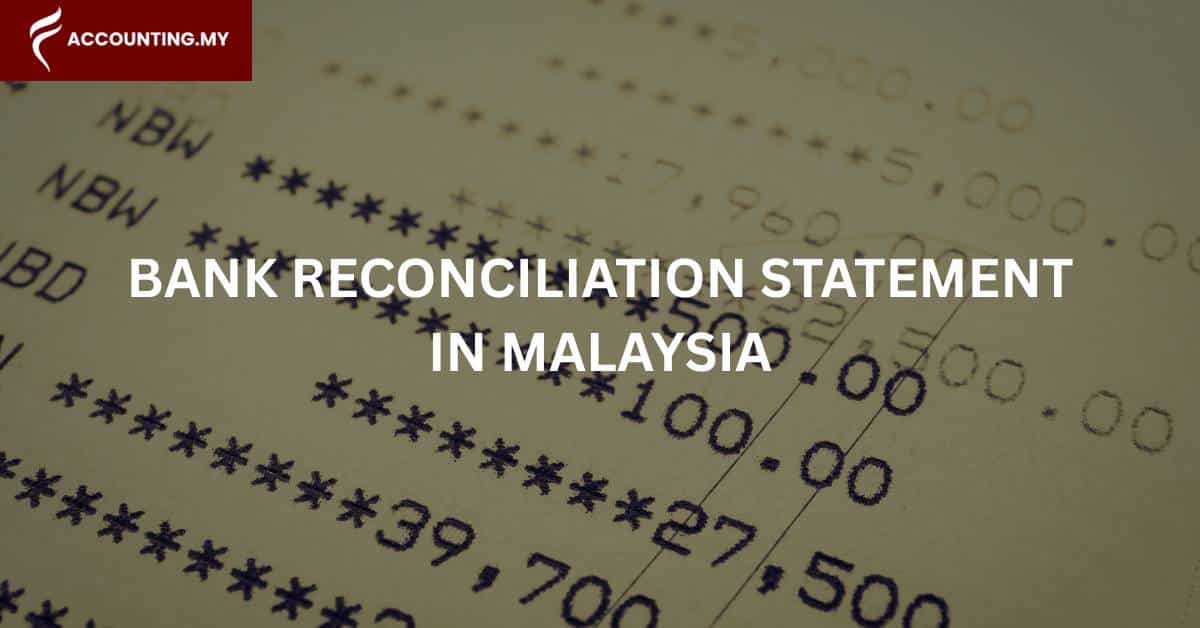Compassionate leave in Malaysia is a form of paid or unpaid leave granted to employees dealing with the death or serious illness of an immediate family member. While it is not mandated by Malaysian labour law, it is commonly included in HR policies as 1–3 days’ paid leave, often with payroll and leave accounting considerations in mind.
In the face of grief or family crisis, employees need space, yet many HR policies in Malaysia still treat compassionate leave as a grey area. With no direct clause under the Employment Act 1955, employers often ask: What’s fair? What’s standard?
Today, we will break down what compassionate leave means, how to draft a compliant policy, and what rights or expectations apply for both employers and employees.
Compassionate Leave vs Other Types of Leave
Leave Type | Mandated in Malaysia? | Typical Duration | Common Use Case |
Compassionate Leave | Not mandated | 1–3 days | Death or critical illness of close relative |
Emergency Leave | Not specified | 1–2 days | Personal urgent matters |
Sick Leave | Yes | Varies by contract | Illness with medical certificate |
Annual Leave | Yes (for EA employees) | Minimum 8 days | Planned time off |
Maternity/Paternity Leave | Yes | 60 days (maternity) | Childbirth-related |
What Is Compassionate Leave and Who Is It For?
Compassionate leave is a type of time off granted to employees facing significant personal hardship, most commonly the death or critical illness of a close family member.
This leave gives employees the space to:
- Process grief or shock
- Attend funeral or religious rites
- Manage urgent family responsibilities
- Travel home for ceremonies or last visits
Unlike sick or annual leave, compassionate leave is based on empathy, not entitlement. That said, many employers in Malaysia still offer bereavement or compassionate leave, even without a legal requirement simply out of basic human understanding.
Common Scenarios Covered
Employees may request bereavement leave for:
- Death of a family member (spouse, child, parent, sibling)
- Life-threatening illness in the immediate family
- Funeral attendance or participation in mourning rituals
- Critical accidents involving a close relative
- Sudden emergencies that require travel or caregiving
There is no legal requirement for employers in Malaysia to offer compassionate leave under the Employment Act 1955.
However, many employers especially mid-to-large firms voluntarily include it in:
- Company HR policies
- Collective agreements (CAs)
- Employment contracts
Remember, compassionate leave is seen as a mark of a people-first workplace, not a legal minimum.
How Many Days of Compassionate Leave Is Normal in Malaysia?
Most Malaysian companies offer 1 to 3 days of paid compassionate leave, but this also depends on the relationship to the deceased and internal company policy.
Common Compassionate Leave Duration
Relationship | Typical Leave Duration |
Spouse / Child | 3–5 days |
Parent / Parent-in-law | 3 days |
Sibling / Grandparent | 1–2 days |
Extended Family | 0–1 day (discretionary) |
What Determines the Number of Days?
Employers often adjust the leave duration based on:
- Closeness of relationship to the employee
- Cultural and religious mourning practices
- Travel needs, especially for out-of-state or overseas funerals
- Company size or HR budget flexibility
- Whether the leave is paid, unpaid, or deducted from annual leave
For Human Resources folks, always define “immediate family” clearly in your leave policy or handbook to reduce confusion and prevent disputes, especially during a time of emotional distress for employees during family emergency leave.
Is Compassionate Leave Paid or Unpaid?
Most companies offer it as paid leave, especially for direct family loss. However, as it’s not covered under statutory law, it remains at the discretion of the employer.
Common practices include:
- Paid leave deducted from a separate “compassionate” bucket
- Use of annual leave if compassionate days exhausted
- Unpaid leave offered for extended mourning (overseas death)
“Offering paid compassionate leave isn’t just good ethics, it reduces presenteeism and improves employee morale. It’s also just basic human decency.” – Accounting.my Legal HR Consultant.
How Should Employers Implement Compassionate Leave
A good question and if you, as an employer is serious about a proper compassionate leave policy, it should include:
- Clearly define eligibility (what qualifies as ‘close family’)
- Specify number of days allowed
- Outline documentation needed (death certificate or hospital memo)
- Allow for additional unpaid leave where appropriate
- Be culturally sensitive, this is very important in Malaysia where we have different customs, cultures and religious practices.
Policy Features to Include:
- Written notification timeline
- Verification documents
- Managerial discretion clause
Sample Compassionate Leave Clause for HR Manuals
“Employees are entitled to up to 3 working days of paid compassionate leave in the event of the death or critical illness of a close family member (spouse, parent, child, or sibling). Additional unpaid leave may be granted upon management approval. Valid supporting documents must be submitted to HR within five (5) working days.”
How to Support Your Employee in Difficult Times
Grief doesn’t end when compassionate leave does.
Coming back to work after losing a loved one can feel like stepping into a different world, one where everything and everyone has moved on, but you haven’t.
That’s why post-leave support isn’t just for the grieving employee, it also sets the tone for the entire workplace. How employers respond shows other employees what kind of culture your organisation truly upholds.
1. Ease Them Back In Gently
Don’t expect full productivity on Day One. Give employees room to readjust by:
- Offering flexible hours for the first week or two
- Reducing non-essential tasks or deadlines temporarily
- Letting them ease into meetings or collaborative work
Even a small gesture, like moving their desk away from heavy foot traffic or noisy watercoolers can help ease the return.
2. Acknowledge the Loss, Don’t Avoid It
Even a simple “I’m so sorry for your loss. Let us know how we can support you” makes a difference.
Managers and colleagues should:
- Greet them warmly without forcing conversation
- Avoid cliché phrases like “Everything happens for a reason”
- Use active listening if the employee chooses to talk
Remember, grief is deeply personal. Respect privacy, but don’t ignore the elephant in the room.
3. Create a “Return-to-Work” Plan
Workplace structure helps rebuild normalcy, but only with flexibility. Collaborate with the employee to draft a short-term reintegration plan:
- Agree on hours, workload, and key responsibilities
- Set up weekly 1-on-1 check-ins for the first month
- Allow remote work if helpful for mental wellbeing
“We recommend letting the employee take the lead. Always ask “What feels manageable for you right now?” before assigning tasks.” Cynthia Loh, HR consultant from an audit firm.
4. Offer Ongoing Emotional Support Resources
Grief doesn’t follow a schedule. Some days may feel harder than others, even months later.
Here’s how to keep support ongoing:
- Share access to Employee Assistance Programmes (EAPs)
- Recommend external grief counselling or religious advisors
- Encourage mental health days if needed
Always keep communication lines open. You don’t need to fix anything, just be available.
5. Consider the Team Dynamic Too
While focusing on the grieving employee, don’t forget the team especially when a project is going on.
Managers should:
- Reassign workload transparently during the leave period
- Check for burnout among covering colleagues
- Brief the team (with consent) on the returning employee’s situation
Compassionate Leave in Malaysia: Supporting Employees the Right Way
At Accounting.my, we believe that a thoughtful approach to compassionate leave isn’t just good HR practice, it’s also a reflection of your employer’s workplace values and puts the “we are a family” commitment on Linkedin to the test.
We’re here to help businesses navigate these sensitive moments with clarity, empathy, and compliance.
Let’s create leave policies that care for your people when it matters most, because a business is nothing without its people and employees should be given the respect and time to grief.
Need help drafting your HR Policy? Let’s make your policies as human as your people.
Frequently Asked Questions About Compassionate Leave
Time off (usually paid) given to employees during family-related crises, such as death or critical illness.
No, it is not legally required under the Employment Act but we highly encourage employers who have any human decency to implement them in their HR policy.
Typically 1–3 days, but it depends on the relationship to the deceased or ill family member. Longer periods such as a week is not uncommon.
Yes, if compassionate leave is not available, annual leave or unpaid leave is often used.
Yes, employers require a death certificate or hospital documentation.
Understandably, manpower and resources are limited for small businesses. However, it is still strongly recommended even though not required by law.
For employers, always ask yourself if you would take time off to grief for the dearly departed.















